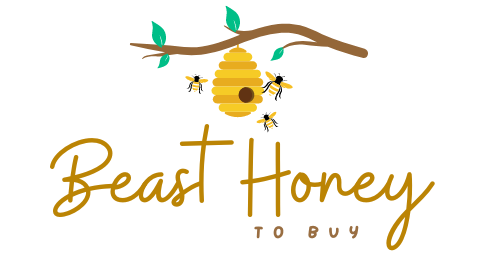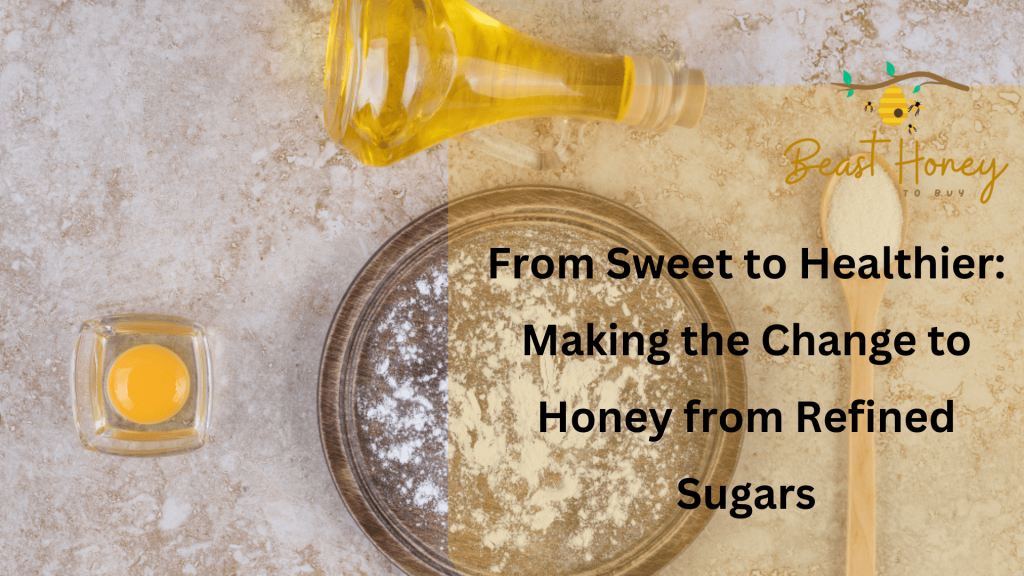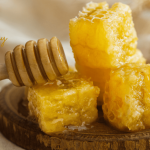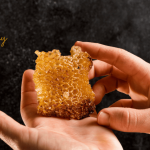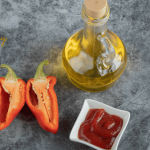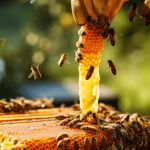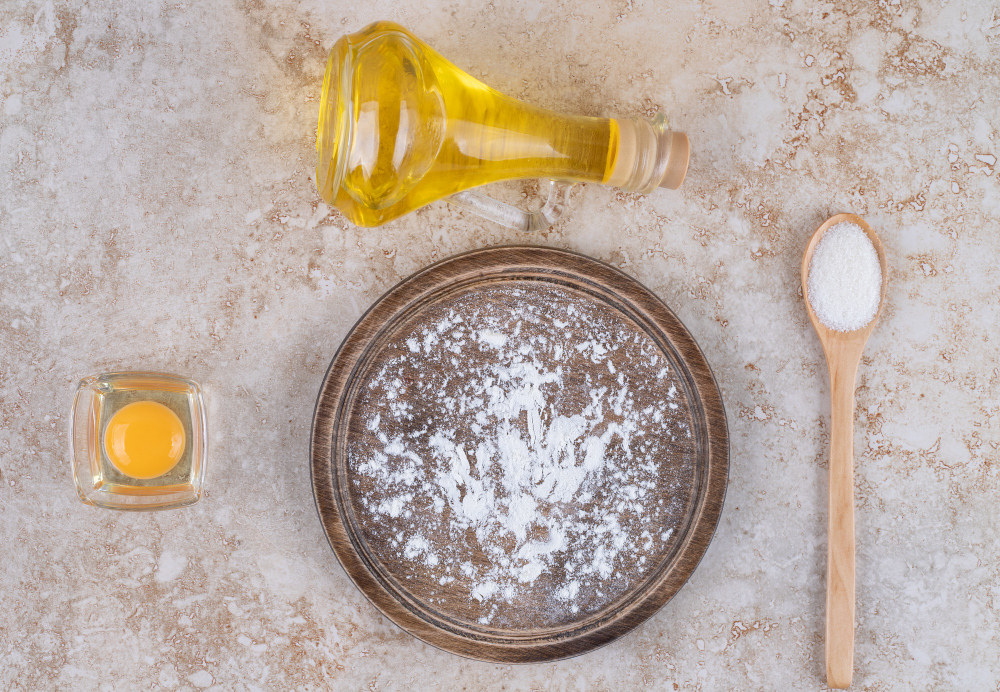
Honey is such a healthy substitute for sugar that it is regarded as one of the best, if not the best. Its high concentrations of antioxidants, vitamins, minerals, enzymes, and amino acids are essential for preventing diabetes, heart disease, and inflammation when taken on a daily basis.
Although honey contains more calories than sugar, it needs less of it because it is sweeter, which makes it a perfect component to use when baking sweets.
It’s a natural, nutritious, and more tastier alternative to refined sugar, which makes it ideal for weight loss!
We are here to address any questions you may have about the current concerns facing millennials, such as what foods are healthy and which are not, or whether you should consume sugar or not.
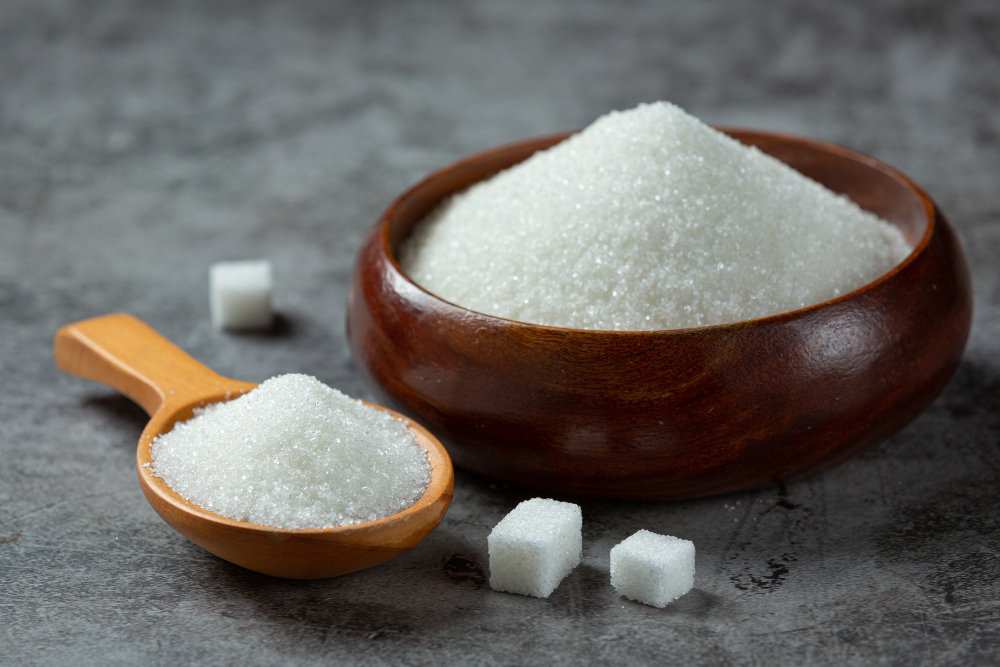
Is sugar beneficial to your health? Absolutely!
Moreover, only if they are fresh, natural, and organic, you are free to consume as much as your body needs. Eat them fresh and in their abundance, or cook them with gravies or serve them as sweets.
But the main concern is whether or not the amount of sugar we eat on a daily basis is healthful.
For a better understanding, let’s learn more about the sugars that are widely available in the market and are mostly ingested by everyone.
Simple carbohydrates like sugar can be found in fruits, dairy products, and honey in their natural forms.
Blood pressure and insulin levels are maintained by sugar, which also gives us energy and boosts our immunity and metabolism. Every day, in the proper amount, our bodies require it.
what you consume,
Refined or processed sugar refers to sugar that has been extracted from sugarcane or sugarbeet and substantially refined using machinery.
In spite of its high calorie content, this sugar is merely sweet and offers no vitamins or minerals. It is commonly identified as either brown or white sugar in the market.
Eating sugar that is high in calories might be harmful to your health. Consuming excessive amounts of processed sugar can lead to problems such as diabetes, blood pressure, insulin sensitivity, and other issues.
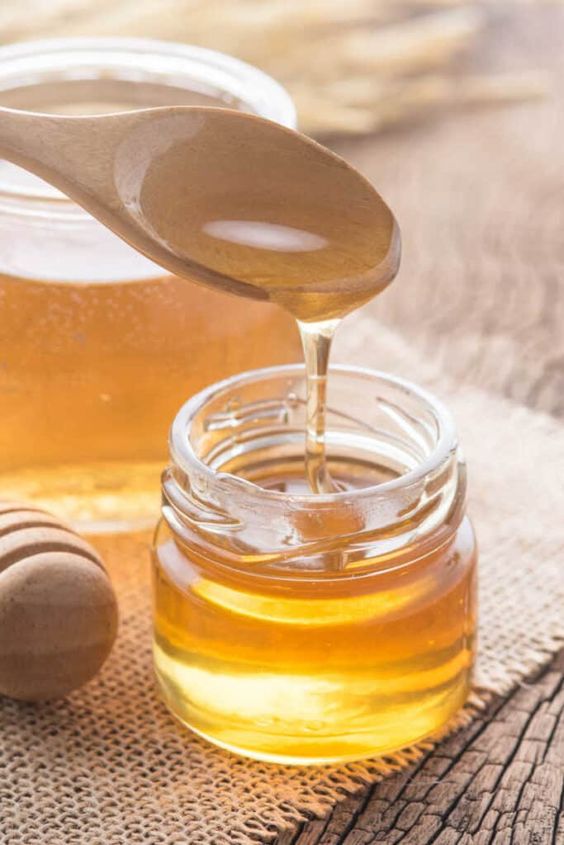
What actions are available to you?
Try honey instead it’s said to be a medicine!
Honey is taken as a thick, sticky solution that is harvested from the bees. It comes in over three hundred kinds that range in color from pale yellow to darker brown.
Honey is more beneficial to our health and taste buds than anything else of equal value.
This precious golden yellow syrup that the bees produce is full of water, fructose and glucose sugars, minerals, vitamins, enzymes, antioxidants, and amino acids. It has a lot of anti inflammatory qualities as well.
The taste of the type differs depending on where it is grown and the climate in which the beehives are located, which contributes to its various health benefits.
Choose the honey that is best for the job at hand. For example, forest honey tastes well with tea, and acacia honey, with its mild, neutral flavor, works well as a salad dressing.
However, when combined with ginger shavings, ajwain honey, which has strong antibacterial qualities, helps soothe sore throats.
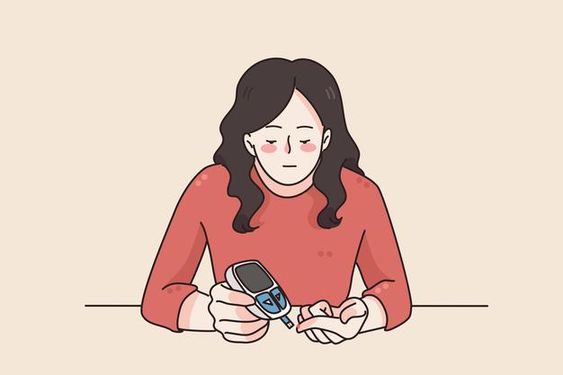
Reasons Why Sugar Is Not Good For You
However, because sugar lacks the beneficial minerals and antioxidants found in honey, it causes blood sugar levels to surge far more quickly.
Sugar consumption raises the risk of type 2 diabetes, liver damage, and heart disease.
It is also connected to obesity and weight gain. Lastly, it has been demonstrated to be very addicting for both adults and children, while also destroying dental cavities. Why would anyone be interested in any of that?
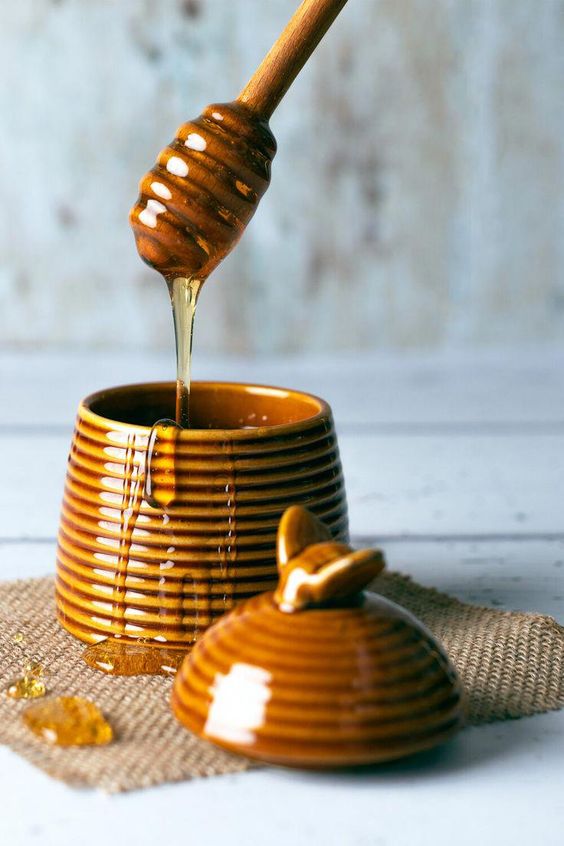
HONEY Contains Many Nutrients
While honey is totally cholesterol free, it does include healthy amounts of proteins, carbs, flavonoids, enzymes, amino acids, vitamins, and minerals.
Its primary class of antioxidants are flavonoids, of which propolis and honey are the only sources of pinocembrin.
Minerals including iron, calcium, zinc, chromium, magnesium, phosphorus, potassium, selenium, and manganese are also found in honey.
It has good concentrations of enzymes such as catalase, phosphorylase, glycose oxidase, and invertase, as well as vitamins B2, B4, B5, B6, B11, and C.
Proline is a crucial constituent of collagen and is one of the eighteen free amino acids that can be found in honey.
The following acids are also found in bee honey: a variety of aromatic acids, acetic, butanoic, formic, citric, succinic, lactic, malic, and pyroglutamic.
That being said, there’s no need to search much further for a sugar replacement in your diet.
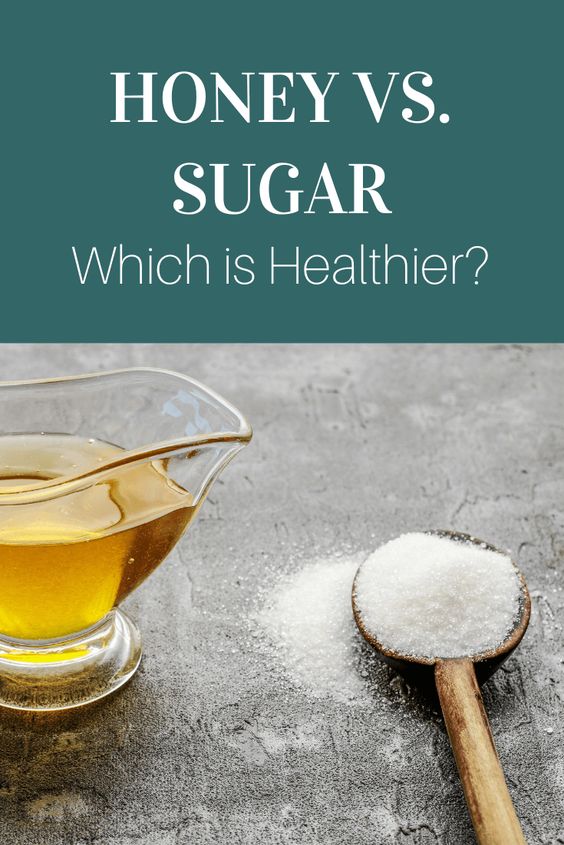
Honey vs. Sugar
When you make a cup of hot tea, do you add honey or sugar? Although both can sweeten your drink, their nutritional value varies.
Honey and sugar are both carbohydrates made up mostly of glucose and fructose. They are commonly used as ingredients in packaged foods and recipes. Both might lead to weight gain if used excessively.
Honey’s reputation for being healthier may be justified, but it is not a healthy food.
Fundamentals of Honey
Honey is produced by bees using the nectar they gather from flowers. This thick material can have a pale yellow to dark brown color and is usually taken in liquid form.
The main ingredients of honey are two sugars, fructose and glucose, and water. Additionally, it has trace levels of:
- Enzymes
- Amino acids
- B vitamins
- Vitamin C
- Minerals
- Antioxidants
Honey has a large number of antioxidants that are categorized as flavonoids. Because of their anti inflammatory qualities, flavonoids may offer certain health advantages.
Depending on where it comes from, honey has different nutritional values. More than 300 types of honey exist.
Each type of honey has a unique color and flavor. Buckwheat honey, for example, is a popular dark honey with a malty flavor. Fireweed honey is a light kind with a virtually translucent appearance and a tea like flavor.
Any form of honey, regardless of preference, can cause blood sugar levels to rise.
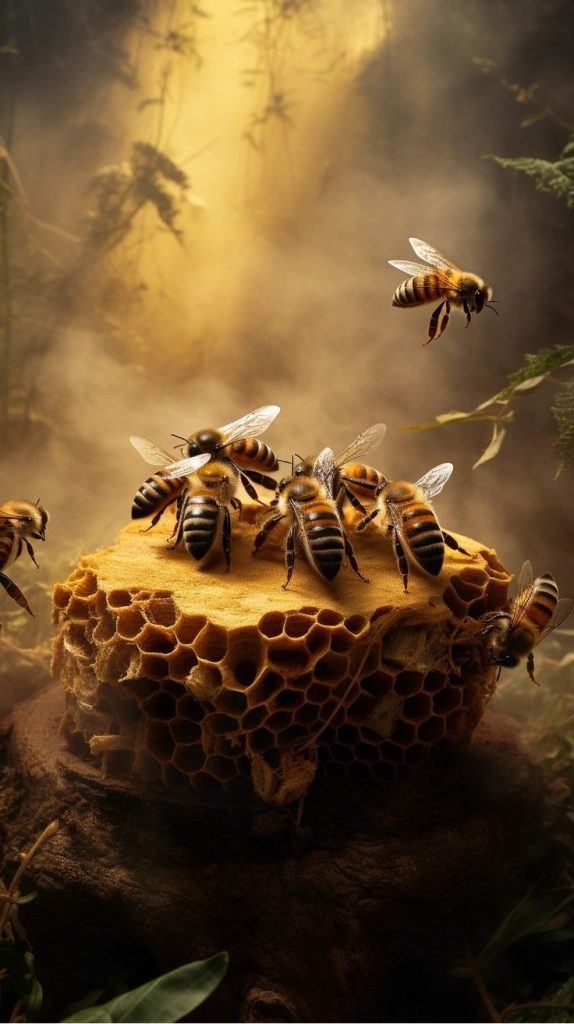
What are the benefits of honey?
Honey contains a higher concentration of fructose than glucose. Fructose is sweeter than glucose, so you may be able to use less honey in your dish or drink without losing sweetness.
Honey contains trace levels of vitamins and minerals, which may provide additional health advantages. However, the amounts are exceedingly modest.
Raw, unpasteurized honey includes trace levels of local pollen, which may aid to reduce allergy symptoms.
Honey gives other health benefits:
- Its antibacterial qualities may aid in the elimination of microorganisms.
- When applied as a gel salve, it may aid in the healing of wounds and small burns.
- It may assist in relieving coughing and sore throats.
Overall, honey undergoes less processing than sugar does. Pasteurization is all that is required to make it ready for consumption. Honey can be eaten uncooked.
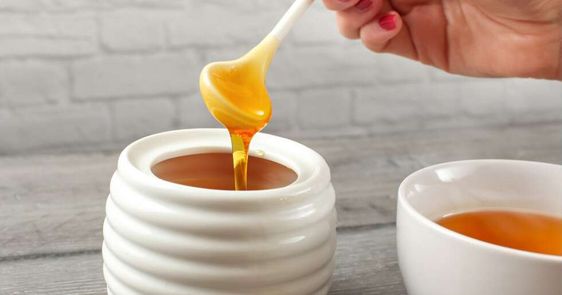
Does honey have any drawbacks?
Honey has a somewhat higher calorie content than sucrose, at about 22 per teaspoon. It is mostly made of sugar and ought to be taken in moderation.
This is particularly valid if you are obese, have diabetes, or have heart problems.
Babies under a year old may be at risk from honey. This is because it has bacterial spores that can cause newborns to contract botulism.
Furthermore, families with small children may find honey to be an untidy option because of its stickiness.
Sugar basics
Glucose and fructose combine to generate sucrose, the main component of sugar. There are no extra nutrients or vitamins in it.
Sugar is a high calorie carbohydrate that comes from the sugar cane and sugar beet plants.
Before it can be processed into the refined, granulated table sugar that we use most frequently, it must go through several steps.
The three most widely utilized forms of sugar are raw, brown, and white.
Brown sugar contains molasses and white sugar, along with a possible trace amount of nutrients. It is mostly utilized in baking.
A less refined kind of white sugar is called raw sugar. It has bigger crystals and is light brown in color. In terms of nutrients, raw sugar is the same as white sugar.
Turbinado, muscovado, and powdered sugar are some more varieties.
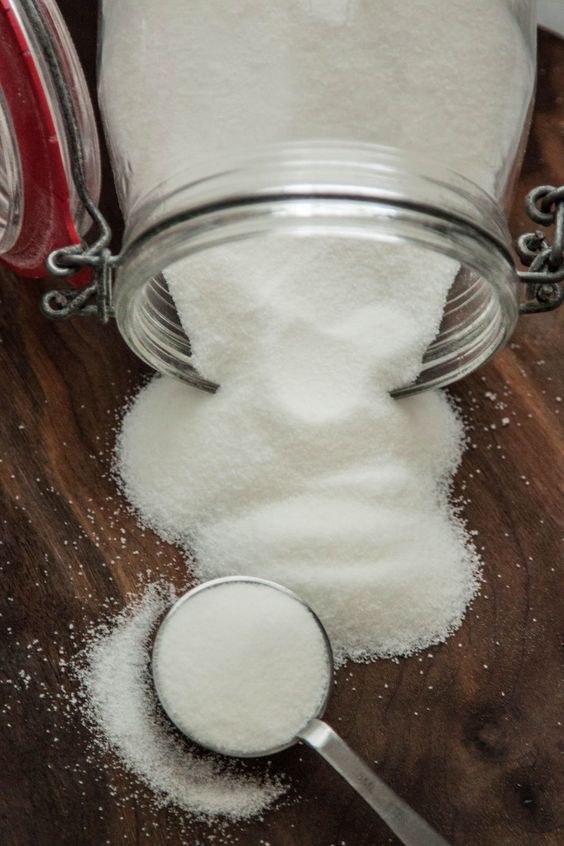
Advice on reducing the use of sweeteners
Because of habit, a lot of people grab for sugar and honey. When we stop eating and drinking, we miss the sudden burst of sweetness because we become accustomed to the taste.
It can be helpful to cut back on your consumption rather than fully stop using either one.
Instead of a full amount, try half a teaspoon of honey in tea or half a packet of sugar in coffee.
Yogurt and breakfast cereal are good candidates for the same method. Reducing sugar by a third in baking might not have as much of an effect on flavor as you might think.
Here are our top ten suggestions for using honey as a natural sweetener in place of refined sugar in our diets:
Sweetener for Tea or Coffee
A teaspoon or two can do the trick to make any drink sweeter!
Buttered bread with honey
As easy as it may seem, eating a single slice of bread with butter and honey might improve your energy and attitude.
Combined with oats
A hearty breakfast is the best. You can start your day with oatmeal that has been sweetened with one or two tablespoons of honey.
Desserts with Honey
- Half a cup of honey should be used for every cup of sugar.
- Pour off ¼ cup of other liquid for every cup of honey.
- Add a tsp of baking soda to each cup of honey.

Sleep Aid for Bedtime
When you can only add natural honey to your milk to make it sweeter, why add chocolate or sugar? Melt a spoonful into your milk and go to sleep like a newborn!
Easy Salad Dressing
Combine vinegar and extra virgin olive oil in equal amounts.
Made at Home Sauce
Combine with Dijon mustard, black pepper, sea salt, and soy sauce; OR combine with mustard, mayonnaise, vinegar, and olive oil.
Drizzle over cheese or yogurt
Mixing honey with cheese is honestly very good since it provides a nice contrast to the saltiness.
Drizzle a little on top of your ricotta, feta, Parmigiano, brie, or blue cheese; these are the cheeses that go best with honey. Yogurt is another nutritious and delicious alternative.
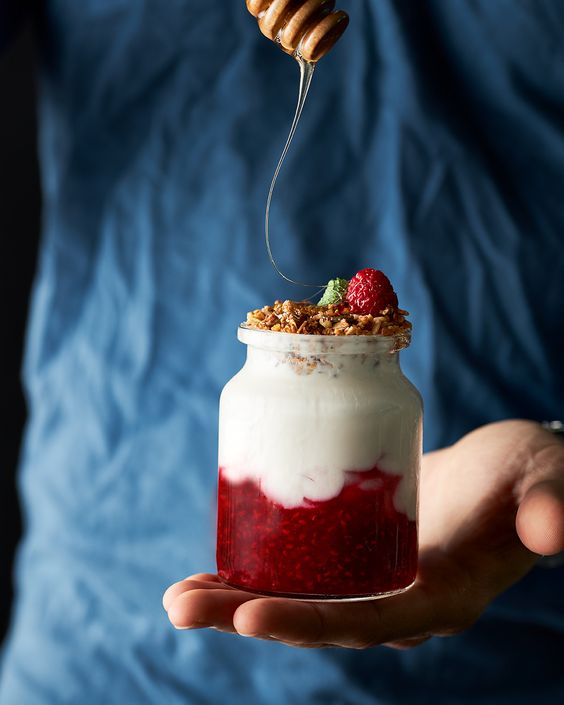
Add to nuts and fruits
They were very healthy on their own, but adding honey made them much more nutritious!
Plain
It’s fine as is! When you have a sugar need, consider eating a spoonful of honey.
If you wish to limit your sugar intake, you should avoid using sweeteners like saccharin, aspartame, and sucralose because they can impact insulin sensitivity and induce gastrointestinal disruptions.
In addition, they tend to enhance sugar cravings and can be as addictive as refined sugar.
We recommend honey, and if feasible, opt for raw and darker varieties, which are even more healthy due to their higher antioxidant and nutrient content.
How would you go about switching?
In place of sugar, add honey to your morning coffee or tea. Instead of using store bought, packaged dressings, try dressing salads, poultry, gravy, rice, or pasta with a little honey, vinegar, and pepper.
Instead of reaching for chips, pastries, or prepackaged foods, consider roasting almonds and peanuts with honey as a quick snack. It’s simple and effortless to be healthy.
All you have to do is be aware of the decisions you make. By moving to raw, fresh honey, we made our first move.
Accompany us with yours. Discover wellness by purchasing honey online. Purchasing pure, fresh, and organic honey will help you better satisfy your demands.

